Rwanda, DRC initial peace agreement ahead of signing next week
Is Rwanda Africa’s answer to Switzerland?
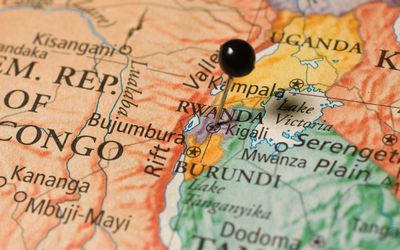
More than two decades on from a genocide that claimed 800,000 lives, Rwanda is taking another step towards looking like the closest thing Africa has to Switzerland.
The tiny, landlocked, mountainous nation’s economy has outperformed almost all its continental peers, with annual growth averaging 7.8% since 2000. Like Switzerland, which hosts the World Economic Forum (WEF) in Davos every year, it is also about to welcome delegates to the organisation’s annual African gathering.
“Nurturing an attractive business environment has become more important for many African nations to sustain growth, as commodity revenue and aid inflows have fallen,” Mark Bohlund, Africa economist with Bloomberg Intelligence in London, said. “Rwanda has led the way by cutting red tape, providing tax incentives and improving governance, which has helped overcome the disadvantages of its small size, lack of port access and limited natural resources.”
However, the Swiss parallel of Rwanda’s economic success story, furthered with a ranking by the World Bank as mainland Africa’s easiest place to do business, does not extend to its reputation for upholding democracy. Civil-rights groups accuse the government of stifling opposition and have criticised a constitutional change that will allow President Paul Kagame, who has been in power since 2000 and taken credit for Rwanda’s economic success, to stand for a third term.
Tourism industry
Mr Kagame’s administration has built the tourism industry into the country’s biggest foreign-exchange earner by hosting events such as the WEF and the African Development Bank’s 2014 annual meeting and luring visitors to see endangered mountain gorillas and climb volcanoes. It has also boosted agricultural output and manufacturing by improving roads and electricity supply. Rwanda’s experiences feature high on the agenda of the WEF gathering, which will focus on how African countries can harness technology and knowledge to spur growth.
“The slump in energy and commodity prices has demonstrated the urgent need for greater diversification and entrepreneurship across Africa,” said WEF’s head of Africa, Elsie Kanza. Rwanda “stands as a good example of how long-term planning and savvy investing can lead to sustainable and inclusive growth”.
Mr Kagame led the rebel army that ended the 100-day killing spree in 1994 that targeted minority Tutsis and moderate Hutus. He was cleared to stand for re-election next year, after more than 98% of people who voted in a referendum backed a constitutional amendment to extend presidential term limits.
Opposition parties have very little scope to function freely in Rwanda, while the government imposes tight restrictions on freedom of speech and its views dominate the domestic media, Human Rights Watch said in its 2016 global review. The New York-based group said it continued to receive information on people being held unlawfully in military custody and other unofficial detention centres.
Growth impetus
The government’s determination to maintain security and its co-ordinated fiscal and monetary policy should continue to provide impetus for growth and new investment, said Maurice Toriotich, the CEO of Kenya Commercial Bank’s Rwandan unit.
Foreign direct investment in Rwanda would probably rise 36% this year to $1.5bn, the nation’s development board said in April.
“The government has a good PR machine,” Mr Toriotich said. “Investment returns continue to be attractive. “
While global economic recovery was taking longer than expected and the slowdown in China limits growth for commodity-based economies, Rwanda had decided to focus on marketing itself as a conference destination to support growth, Finance Minister Claver Gatete said after briefing reporters Tuesday in Kigali.
“At conferences like these, we expect to sign deals during side events in key areas like energy, science and technology,” he said.


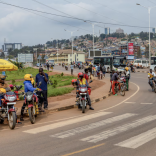
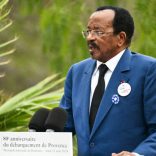
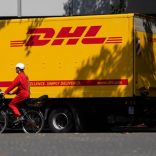
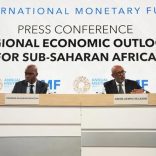
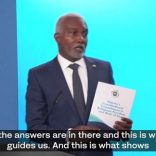
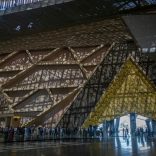




Leave a Reply
Be the First to Comment!
You must be logged in to post a comment.
You must be logged in to post a comment.